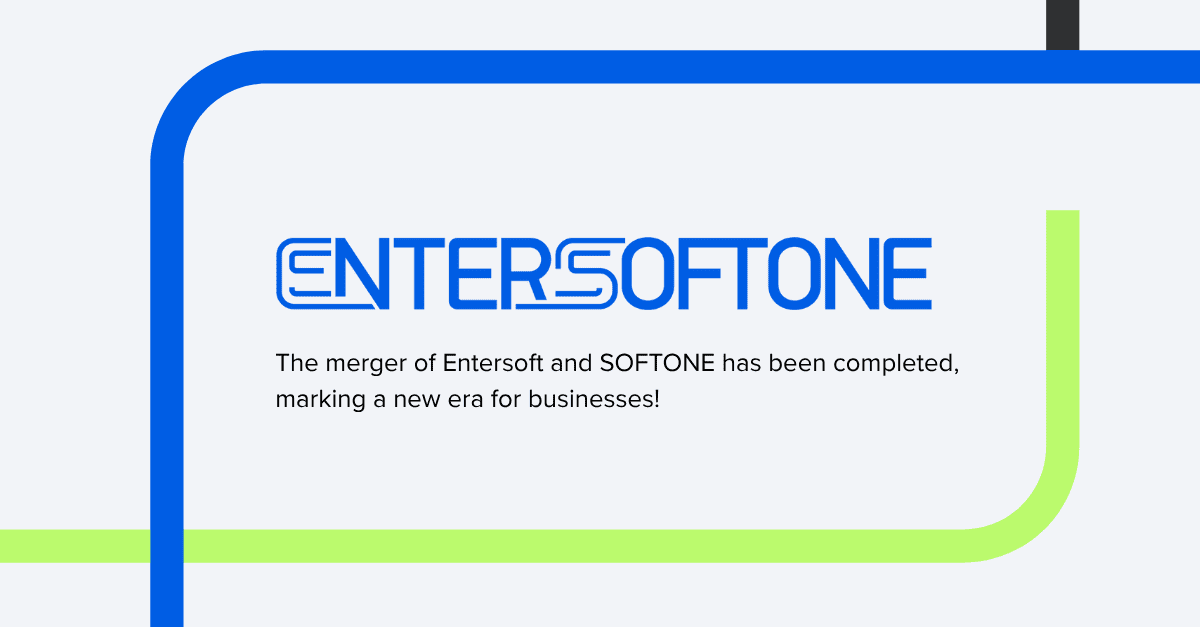Share
Read also

Trends & Views
Digital Transformation Strategies for Success

Business Software
CRM for Small Businesses and Seamless Integration

News & Events
ENTERSOFTONE: The merger of Entersoft and SOFTONE has been completed, creating the largest provider of business software products and services in Greece and Southeast Europe.

Mobility
Outlook for the BYOD and EM market from 2025 to 2035
CRM products were once complex, monolithic systems and have evolved to adapt to changing IT work habits and strategies. However, the split market between software and cloud services complicates the way businesses choose CRM. Companies should carefully evaluate their options to find the best fit for their business and strategic objectives.
Identifying needs and priorities
Businesses can divide product evaluations into three main categories, each with multiple elements: technology and features, vision, and roadmap, as well as growth and market models. Some criteria may conflict, so they all need to be weighed up to take account of requirements and constraints.
Assessments should start by identifying needs, including:
• Business processes
• Customer preferences
• Contribution of the sales teams
• Sales automation
• Customer service integration
• User adoption and user experience
• Financial estimates
• AI-based information
Identification of technology and necessary functions
Businesses use CRM through a sales channel that covers brand and product awareness in order to attract customer interest. This interest eventually leads to action on the part of customers. CRM can cover processes within the sales and marketing teams:
• Generate potential customers.
• Management of contacts.
• Marketing campaigns and automation.
• Digital marketing, including email, online advertising, and social media.
• Collection, forecasting and analysis of sales data.
• Automation and sales tools, including mobile apps.
• Monitoring employees, projects and leads.
Evaluate growth and market models
Cloud-based CRM tools have become industry standard, thanks to advances in AI, automation, and integration capabilities.
Hybrid applications remain an option for businesses with specific regulatory requirements. However, the future of CRM is increasingly in the cloud, where providers are focusing on AI-based information, automation, and multi-platform integration to boost customer loyalty and employee efficiency.
Avoid the usual pitfalls. Businesses often face challenges when selecting CRM. Common mistakes include the following:
• Excessive complexity in implementation. This can include choosing a CRM with excessive features that slow down usability.
• Overlooking the acceptance of stakeholders. Not involving key users in the decision-making process can lead to a CRM market that does not work for everyone.
• Underestimation of training needs. Lack of proper training can lead to low adoption rates and ineffective use of CRM.
• Overlooking the potential of AI. AI-enhanced tools will optimize sales and improve customer interactions.







